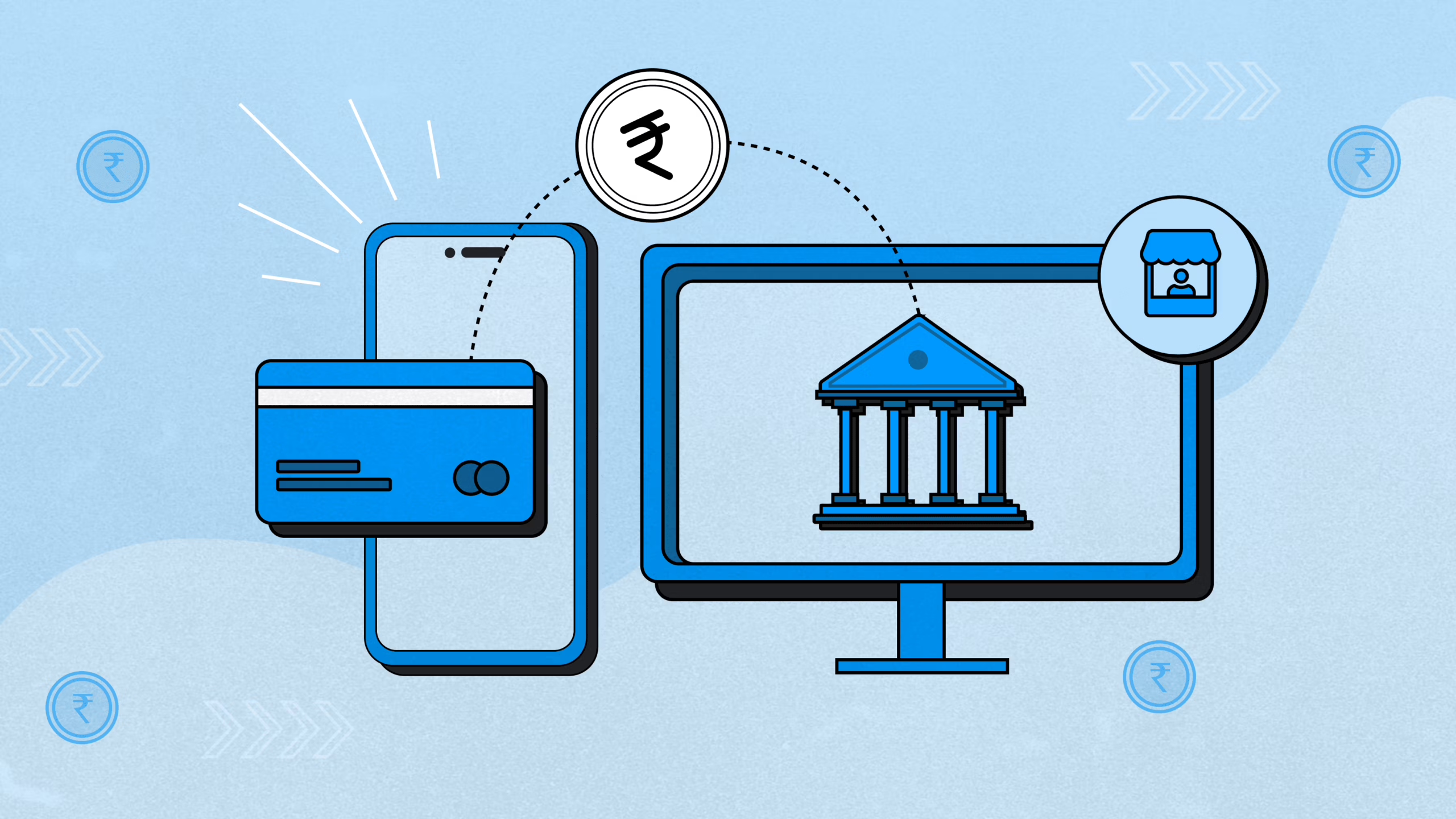Efficient international payments are essential for global commerce. They ensure that contractors, suppliers, and partners are paid on schedule, which is critical for maintaining smooth business operations and a healthy supply chain. When a foreign payment is blocked by an Authorized Dealer (AD) bank, it can cause significant operational issues, including project delays, strained vendor relationships, and damage to a company’s financial standing.
The procedures for international finance are intricate, governed by a stringent regulatory framework. Payment failures can occur for various reasons, from simple data entry mistakes to complex compliance issues. This article provides an in-depth analysis of why international payments are blocked and offers clear, actionable solutions.
The Evolving Role of an AD Bank in Blocking Payments
In India, an Authorized Dealer (AD) Bank is a financial institution licensed by the Reserve Bank of India (RBI) to execute foreign exchange transactions. These banks are the primary gatekeepers for enforcing the Foreign Exchange Management Act, 1999 (FEMA). It is critical to understand that AD banks do not block payments arbitrarily; they are legally mandated to scrutinize, verify, and report every cross-border transaction.
Recent regulatory drafts in 2025 indicate a significant evolution in this role. The RBI is delegating more discretionary power to AD banks, empowering them to formulate their own internal policies for handling exceptions, such as approving write-offs or extending payment realization periods. This means that while all banks follow FEMA, the specific documentation and risk appetite for a given transaction can now vary from one AD bank to another. A block is therefore not just a rejection, but a request for information that satisfies both the RBI’s core regulations and the bank’s specific internal risk framework.
Deep Dive: Common Reasons for a Blocked International Transaction
Below are the most common reasons a foreign payment is blocked, looked at through the lens of the AD bank’s compliance obligations.
- Incorrect or Vague Purpose Code: The AD bank is directly responsible for correctly reporting the nature of a transaction to the RBI. Using an improper RBI purpose code (e.g., coding a payment for software services as “family maintenance”) creates a serious reporting discrepancy for the bank, leading to an immediate block until a correct declaration and supporting documents are provided.
- Mismatched Beneficiary & Bank Details: Precision is non-negotiable. An AD bank’s automated screening systems will flag any inconsistency between the beneficiary name, account number, IBAN, or SWIFT/BIC code provided in the payment instruction and the actual details on record. This is a primary anti-fraud and anti-money laundering (AML) check.
- Outdated or Insufficient KYC/AML Documentation: Know Your Customer (KYC) is not a one-time formality. Banks perform ongoing due diligence. A payment may be blocked if your company’s KYC is due for a periodic refresh, or if the transaction’s size or destination triggers a demand for enhanced documentation (e.g., the underlying invoice, contract, or proof of the relationship between sender and receiver) to satisfy AML checks.
- Exceeding Prescribed Limits (LRS & Corporate): For individuals, the Liberalised Remittance Scheme (LRS) has a strict ceiling of USD 250,000 per person per financial year (April-March). AD banks are required to track this limit across all transactions for a given PAN. Any remittance exceeding this is automatically blocked. Businesses also have internal limits set by their AD bank based on their transaction history and risk profile.
- Sanctioned Party and Jurisdiction Screening: Every payment is screened against updated global sanction lists (e.g., OFAC, UN, EU). A transaction will be frozen if the sender, recipient, intermediary bank, or even the shipping vessel involved in a trade is linked, directly or indirectly, to a sanctioned entity or high-risk jurisdiction.
- Incorrect Calculation of Tax Collected at Source (TCS): Since October 1, 2023, TCS is applicable on LRS remittances. As of 2025, the rate is 20% for most purposes above a threshold of ₹7 lakh. If the remitter fails to account for the correct TCS amount in the total debit, the transaction will not be processed.
- Lack of Supporting Documentation for Imports/Services: For any payment against an import of goods or services, the AD bank must verify the legitimacy of the trade. This requires submitting evidence like a bill of entry (for goods), invoices, and transport documents. For advance remittances beyond a certain value, the bank may require a bank guarantee. Failure to provide this documentation results in a block.
Navigating Blocked Payments: A Guide to Resolution
| Error Type & Common Reason | How to Resolve the Issue |
| 1. Invalid Beneficiary Details | Immediately contact the recipient to re-verify their full legal name, address, bank name, account number, and SWIFT/BIC or IBAN. Resubmit the payment instruction with the corrected information. |
| 2. Purpose Code Mismatch | Consult your bank’s forex department or the RBI’s official list to find the correct code. You will need to submit a revised Form A2 and a signed declaration explaining the nature of the transaction. |
| 3. AML/KYC Verification Failure | Contact your bank to understand their specific document requirement. This could be an updated trade license, the underlying invoice for the specific transaction, or details on the ultimate beneficial owner. Submit promptly. |
| 4. Exceeds Transfer Limits | For corporate limits, contact your relationship manager to request a temporary or permanent increase, providing justification. For LRS, you must wait for the next financial year or structure the payment in smaller installments. |
| 5. Sanctioned Party / OFAC List | This is a serious flag. You must work directly with your bank’s compliance department. You will need to provide detailed information to prove the recipient is not a sanctioned entity. If a true match is found, the transaction cannot proceed. |
| 6. Missing Import/Trade Documents | Liaise with your logistics provider or supplier to get the required documents, such as the Bill of Lading or Airway Bill, Commercial Invoice, and Bill of Entry. Submit these to the AD bank’s trade finance department. |
| 7. Incorrect TCS Calculation | Recalculate the total remittance amount to include the correct TCS. Instruct the bank to debit the full amount (payment value + TCS) and re-initiate the payment. |
How to Prevent Future Payment Blocks
Proactive measures are more effective than reactive fixes. To ensure your international payments are processed smoothly:
- Maintain Updated KYC: Designate a team member to ensure your business KYC with your bank is always current.
- Create a Pre-Payment Checklist: Before any transfer, verify the beneficiary’s name, account number, SWIFT code, and address against the invoice.
- Understand Your AD Bank’s Policies: Given the increased delegation of power, have a conversation with your bank’s trade or forex team to understand their specific documentation requirements and risk tolerance.
- Centralize Documentation: Keep all trade-related documents (invoices, contracts, shipping bills) organized and readily accessible for any transaction.
- Communicate Proactively: Inform your relationship manager before executing large or unusual payments to prevent them from being flagged for suspicious activity.
Streamline Your Cross-Border Payments with BRISKPE
Navigating the complex and evolving compliance landscape of AD banks can be a significant drain on your resources. Instead of reacting to payment blocks and dealing with frustrating delays, you can proactively manage your international transactions with a specialized platform.
BRISKPE, a licensed Payment Aggregator-Cross Border (PA-CB), is engineered to eliminate these challenges. The platform builds compliance into every step, offering automated KYC verification and precise purpose code selection.
With dedicated compliance advisors and multi-currency virtual accounts that simplify collections, BRISKPE ensures your payments are accurate and fully documented before they are ever initiated, dramatically reducing the risk of being blocked by your AD bank.








